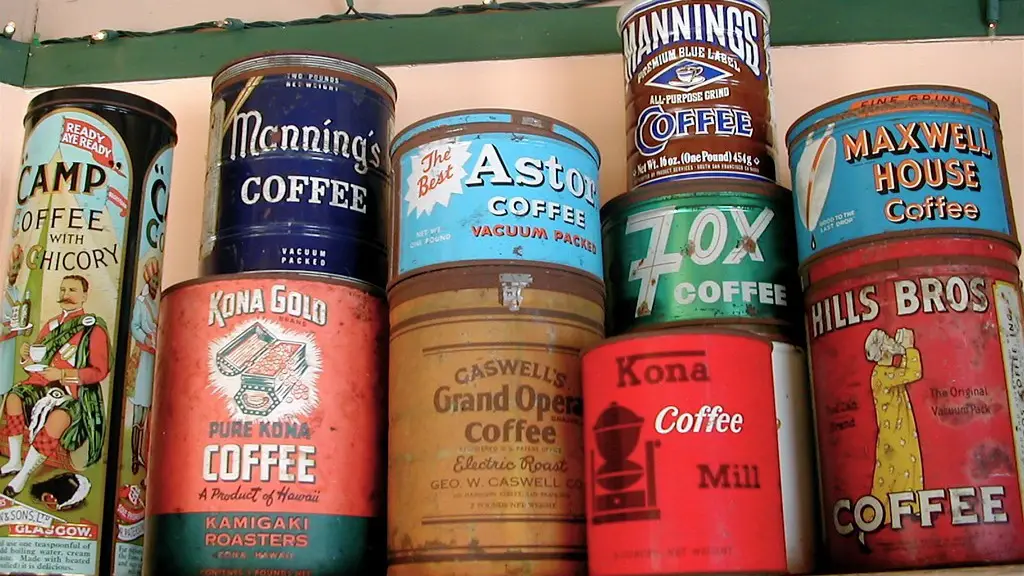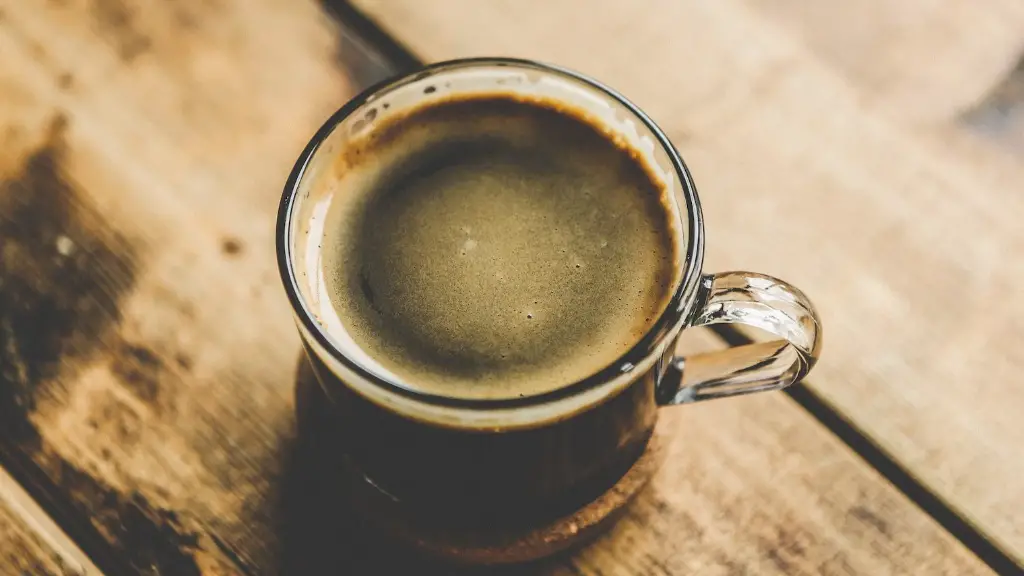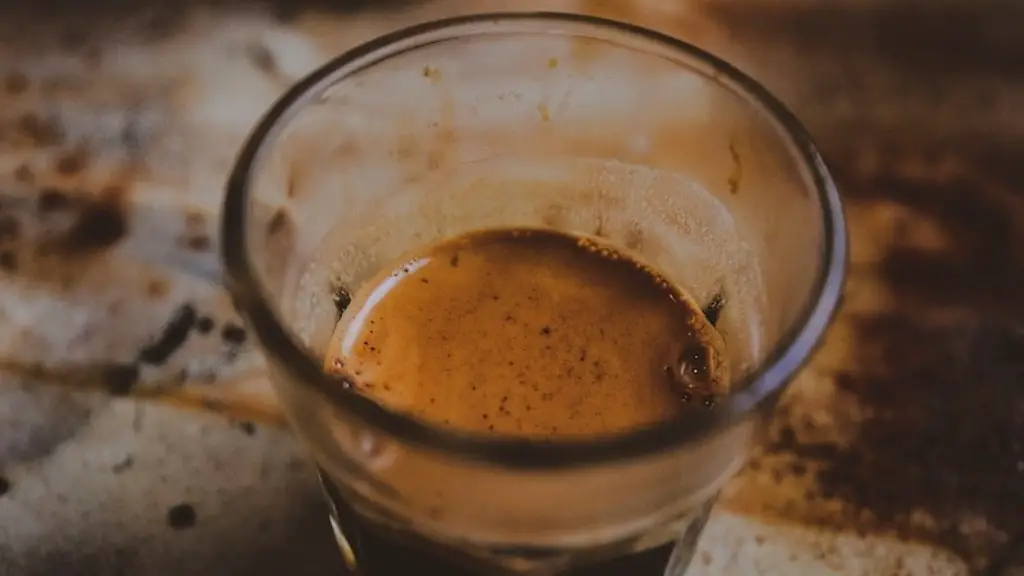Definition
Gastritis is an inflammation of the stomach lining caused by a variety of factors including over-consumption of acidic foods and beverages such as coffee, stress, and certain medications. It can have serious consequences if not treated correctly and can even lead to an increased risk of stomach cancer. It can present as a variety of symptoms including indigestion, abdominal pain, nausea, and vomiting.
Coffee and Gastritis
Due to its acidic qualities, coffee has been found to aggravate gastritis and those with the condition should limit or avoid consuming it. Studies have shown that during episodes of gastritis, the stomach’s protective barrier is weakened, leaving it vulnerable to further irritation from foods with a higher acid content, such as coffee. However, it is not always necessary to cut out coffee entirely as some studies have found that decaffeinated coffee can be beneficial for those with gastritis.
Experts Views
With the negative association between coffee and gastritis, some experts believe that it is more important to educate people about the potential harms of drinking too much coffee rather than completely cutting it out. One study suggests that if someone is an avid coffee drinker and experiences frequent episodes of gastritis, it may be more beneficial to implement other lifestyle changes rather than drastically reduce or stop drinking coffee. Many dieticians suggest that diet modifications, including avoiding high-fat meals, cutting down on acidic foods, maintaining a healthy weight and avoiding stressful situations, may be more beneficial in reducing the severity of gastritis.
Effectiveness of Different Treatment Methods
The effectiveness of different treatment methods for gastritis depends on the individual’s specific circumstances. Research has shown that lifestyle modifications tend to be effective in managing mild cases of gastritis, but more severe cases may require medications to reduce the inflammation and help the stomach to heal. Cutting down on the consumption of coffee can help to relieve some symptoms, but it is important to remember that everyone is different and what works for one person may not necessarily work for another.
Potential Side Effects
Excessive consumption of coffee, especially when combined with other factors such as being overweight or stressed, can lead to further health problems. Studies have found that there is a strong correlation between increased consumption of coffee and an increased risk of developing conditions such as heartburn, ulcers, and acid reflux. It is important to remember that, while coffee can cause gastritis, it is not the only risk factor and should not be singled out in the management of the condition.
Long-Term Prevention
It is important to remember that although lifestyle changes may help to reduce the severity and frequency of gastritis episodes, prevention is still the best approach. A healthy diet and lifestyle, combined with limiting the intake of coffee and acidic foods, can help to reduce the risk of developing gastritis in the long-term. Regular exercise has also been found to help prevent gastritis as it helps to regulate the body’s acid production and improve digestion.
Diagnosing Gastritis
It is important to visit a doctor if you experience any of the signs or symptoms associated with gastritis. A doctor will be able to diagnose gastritis and recommend the best course of action to take. Generally, they will advise on lifestyle changes such as reducing the intake of coffee, quitting smoking (if applicable), and avoiding overly spicy, fatty, and processed foods. A doctor may also recommend medications to reduce inflammation and help the stomach to heal.
When to seek Medical Attention
If the symptoms of gastritis persist despite making lifestyle changes and limiting the intake of coffee, it is important to seek medical attention. In some cases, gastritis can develop into more serious conditions such as peptic ulcers or stomach cancer, so it is vital to be aware of the symptoms and seek medical help if necessary.
Changes to Coffee Habits
While it is advised to limit the intake of coffee in people with gastritis, complete avoidance is not always necessary. Those with mild cases of gastritis can opt for decaffeinated coffee and switch to herbal teas instead of regular tea or coffee. For those with more severe cases of gastritis, it is best to completely cut out coffee and switch to decaffeinated alternatives such as decaffeinated green tea or herbal teas.
Adapting Lifestyle Habits
Gastritis can also be managed by making simple changes to lifestyle habits such as avoiding smoking, moderating alcohol consumption, eating smaller meals more frequently rather than having big meals, and avoiding overly spicy and fatty foods. Stress has been found to be a contributing factor in individuals with gastritis, so it is important to take steps to reduce stress levels and practice relaxation techniques such as yoga or meditation.


